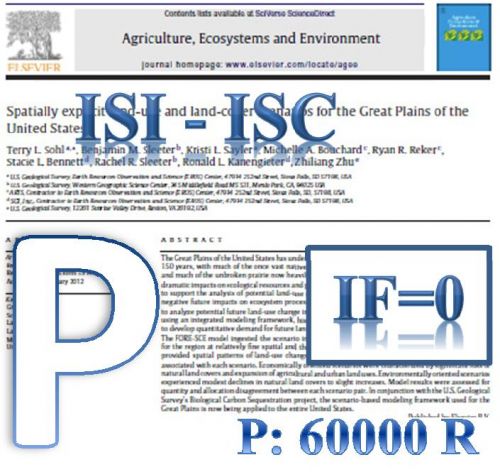Nano technology is developed in this decade and changes the way of life. Moreover, developing nano technology has effect on the performance of the materials and consequently improves the efficiency and robustness of them. So, nano scale thermal cycles will be probably engaged in the near future. In this paper, a nano scale irreversible Braysson cycle is studied thermodynamically for optimizing the performance of the Braysson cycle. In the aforementioned cycle an ideal Maxwell–Boltzmann gas is used as a working fluid. Furthermore, three different plans are used for optimizing with multi-objectives; though, the outputs of the abovementioned plans are assessed autonomously. Throughout the first plan, with the purpose of maximizing the ecological coefficient of performance and energy efficiency of the system, multi-objective optimization algorithms are used. Furthermore, in the second plan, two objective functions containing the ecological coefficient of performance and the dimensionless Maximum available work are maximized synchronously by utilizing multi-objective optimization approach. Finally, throughout the third plan, three objective functions involving the dimensionless Maximum available work, the ecological coefficient of performance and energy efficiency of the system are maximized synchronously by utilizing multi-objective optimization approach. The multi-objective evolutionary approach based on the non-dominated sorting genetic algorithm approach is used in this research. Making a decision is performed by three different decision makers comprising linear programming approaches for multidimensional analysis of preference and an approach for order of preference by comparison with ideal answer and Bellman–Zadeh. Lastly, analysis of error is employed to determine deviation of the outcomes gained from each plan.
کلید واژگان :Nano scale, Finite time thermodynamics, Braysson cycle, Nano technology, Dimensionless ecological function, Dimensionless Maximum, available work
ارزش ریالی : 600000 ریال
با پرداخت الکترونیک
